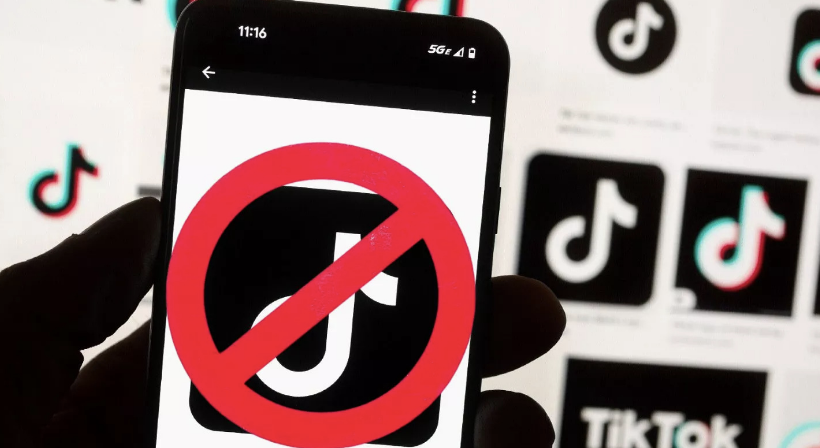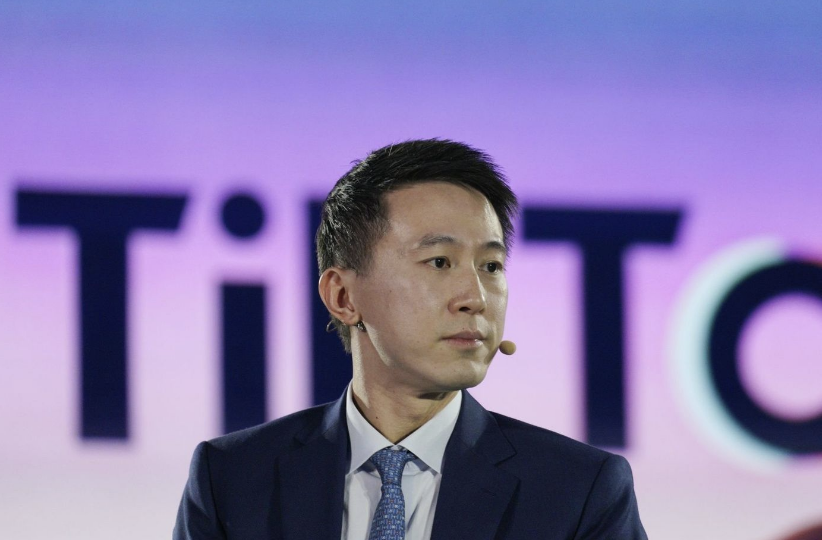The US Threatens to Ban TikTok Due to Perceived National Security Risks
The US will ban the popular social media app if ByteDance does not sell its stakes. Photo: Michael Dwyer | AP Photo
On Wednesday, TikTok reported that the Committee on Foreign Investment in the US (CFIUS) called for ByteDance Ltd.-- the Beijing-based company that owns TikTok-- to sell their stakes in the company or else face a ban on the popular app in the US. The Biden Administration changed its stance on TikTok by introducing this ultimatum. The White House and legislators support a ban on TikTok as they fear the app collects data on American users and funnels it to the Chinese government, posing potential national security risks.
TikTok spokeswoman Brooke Oberwetter claimed that changing ownership of the app would not mitigate security risks and that protection of US user data and third-party monitoring would be more impactful. Oberwetter also addressed that TikTok already implements this and goes to great lengths to safeguard American user data.
ByteDance and CFIUS have been negotiating for two years on how to best secure TikTok’s user data. The battle began in 2020 when former President Donald Trump first threatened to ban the app in the US if ByteDance didn’t sell its stakes. ByteDance avoided the ban by agreeing to sell part of Tiktok to US companies Oracle and Walmart. These deals, however, never happened.
ByteDance presented CFIUS with a $1.5 billion plan called Project Texas that would put up a firewall between TikTok US and Tiktok in China by storing US user data on computers run by the Texas-based company Oracle. However, CFIUS recently rejected this plan and demanded the app's sale.
Legislators and US officials cite China’s law that Chinese companies must provide user data upon request when justifying their support for a TikTok ban. Last year, an investigation found that several TikTok employees in China had access to US user data, including that of American journalists. As a result, the potential banning of TikTok has received bipartisan support in the US legislature. Last week, the White House backed a Senate bill that would give the senate more power to police the app and navigate its potential ban.
The US has over 100 million TikTok users; therefore, legislating a potential ban will prove challenging. The easiest method would be banning the app in app stores and preventing further updates and enhancements until it loses its functionality. The US could also issue fines to those who use the app or force internet providers to block the app.
TikTok CEO Shou Zi Chew, who will appear before the US House Energy and Commerce Committee. Photo: Bryan Van Der Bleek | Bloomberg News
The US has never banned an app before; however, TikTtok has faced small-scale bans such as blocking the app from certain US schools’ and colleges’ WiFi networks or preventing government-issued devices from downloading it. Trump’s initial executive order to ban TikTtok if ByteDance doesn’t sell got blocked by federal courts. Biden’s demand will also face extensive legal challenges should ByteDance refuse to sell.
This Thursday, TikTtok CEO Shou Zi Chew will appear before the House Energy and Commerce Committee to answer questions on TikTtok’s perceived national security risks. TikTok is one of China’s most successful global social media platforms, and ByteDance is not likely to sell it. ByteDance requires approval from Chinese officials to sell their stakes to a US company, which officials may not easily grant. The US’s ultimatum represents another move in the ongoing tech battle between the US and China. The Biden administration is taking a hardline stance on the matter and is working with Congress to see the ban through should ByteDance refuse to sell its stakes in the company.


